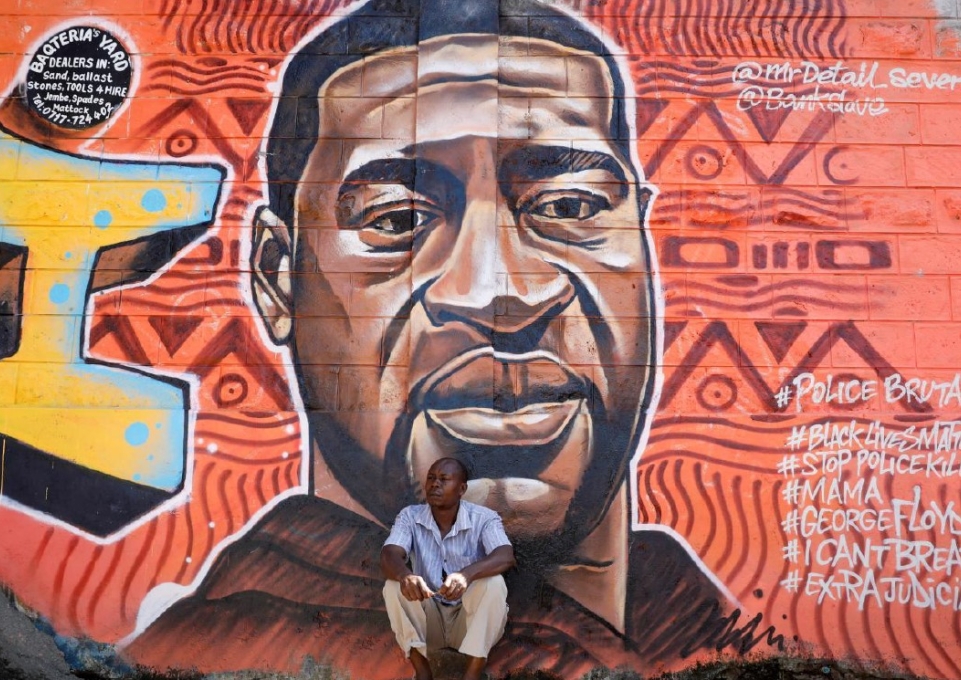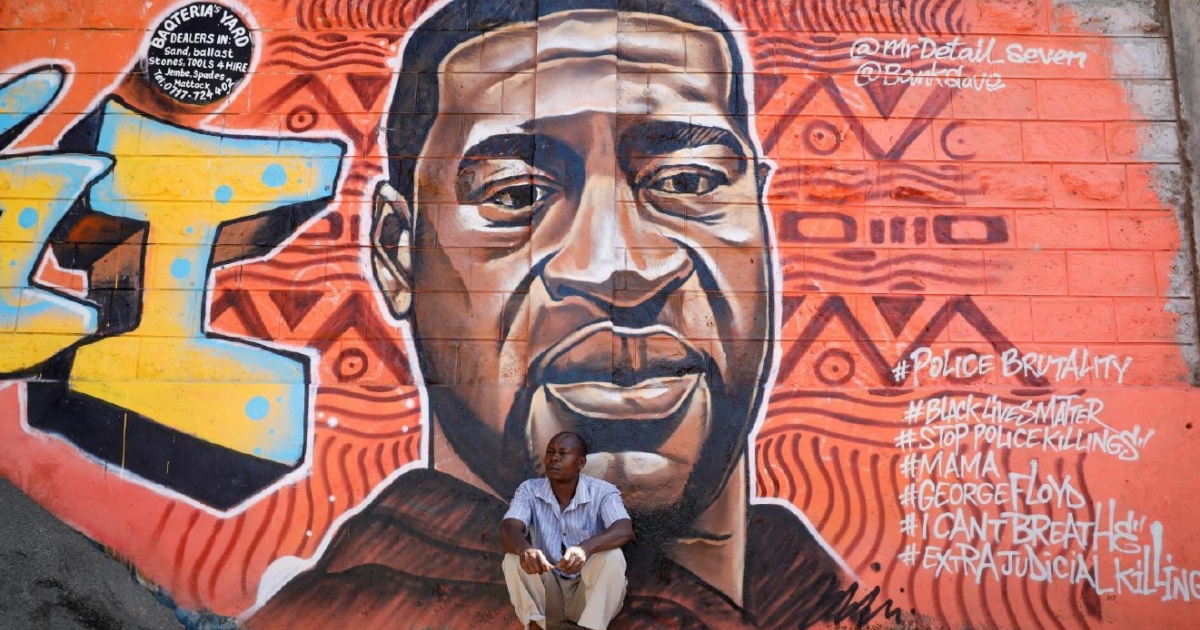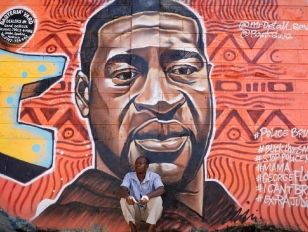
Colonialism and imperialism have defined Africa’s collective past, affecting almost every aspect of societal life—from economics to culture.
Since gaining independence from the European nations in the mid-twentieth century, many African societies are still grappling with fragmented identity and racial injustice. Meanwhile, the Black Lives Matter protests that swept through the United States and beyond in 2020 fueled a renewed global interest in confronting the legacies of colonialism and racism, according to Melissa Holland, director of international education at Buffalo State College.
Holland and her office provided a forum for Buffalo State students to do just that through live exchanges with artists, educators, and activists living in Africa.
Hosted by the college’s Study Away Office and EDU Africa, the three-part series “Social Injustice in Africa” began Tuesday, February 16, and will continue February 23 and March 2. All sessions will be held from 10:00 a.m. to noon over Zoom videoconferencing.
Holland asked students to sign up for all three sessions in advance; however, additional seating is still available. Anyone within the Buffalo State community is welcome to attend by contacting Holland.
Speakers include a fellow political prisoner of Nelson Mandela’s, a playwright and poet, and a high school history and government teacher in Nairobi.
“This is an opportunity to make our teaching and learning much more dynamic, personal, and appropriate for this generation.”
“When everything went remote, I started working with SUNY COIL [Collaborative Online International Learning] to find ways to have a cultural exchange virtually,” said Holland, who organized the sessions with Drew Kahn, SUNY Distinguished Service Professor and director of the college’s Anne Frank Project (AFP), beginning last summer. “Drew had partners at EDU Africa, and we were fortunate enough to connect with them.”
AFP, in collaboration with the college’s offices of Equity and Campus Diversity and Institutional Advancement, funded the exchange, making it a free event for the Buffalo State community and its partners.
Like many international travel companies that work with higher education, EDU Africa has had to adapt to survive during the pandemic, Kahn said. But the virtual programming, required by COVID, actually dovetails with longtime conversations Kahn has had with his partners at EDU Africa.
“We’ve asked ourselves, How do we meet the needs of students who are passionate about learning about African countries but don’t want to travel for whatever reason?” he said. “Maybe it’s financial constraints or maybe they can’t physically or mentally sit on a plane for 27 hours or trek through rugged terrain for days. That doesn’t mean we shouldn’t provide an accessible international experience for them. The access piece is, obviously, super important for a system like SUNY.
“I also believe this meaningful remote option will dispel Western myths about Africa and get those on the fence about travel to commit to future possibilities.”
Fifty-four students and a handful of faculty members attended the first session, which included an overview of Kenyan colonial history and a discussion about the struggle for independence in Kenya, led by veterans of a nationalist peasant revolt in the early 1950s.
In preparation for the exchange, Holland connected with Buffalo State professors whose courses have an international focus. They required their students to attend. Other students participated on their own.
“The student engagement was incredible,” Holland said. “They submitted thoughtful questions. I think they were interested in the similarities in colonialism and social justice issues between the United States and Kenya.”
Although the virtual exchange is geared toward students, Holland said, faculty and staff members throughout campus are welcome to attend the Africa exchange and others in the future.
“The hope is that more faculty will want to integrate international components into their curricula and encourage their students to study abroad when that becomes an option again,” she said.
Holland added that they’re in the process of planning more sessions that connect students with leaders, educators, and luminaries from other countries.
“I’ll work with faculty on creating sessions for whatever country they’d like the students to visit in the virtual exchange,” Holland said.
Kahn hopes the virtual exchanges can extend beyond the pandemic to bolster international experiences for students and enrich classroom learning.
“This is an opportunity to make our teaching and learning much more dynamic, personal, and appropriate for this generation,” he said. “What if a professor eliminates two to three expensive textbooks previously required and instead takes his students to Africa virtually five times throughout the semester? I envision hospitality students cooking with a Kenyan family in their kitchen, political science students attending a village meeting discussing crop rotation in Rwanda, business students traveling on the back of a Moto-taxi in Nairobi, or dance students learning Zulu dances in Cape Town. The list goes on and on.”
Pictured: George Floyd mural in Nairobi, Kenya, by Kenyan artist Allan Mwangi, a.k.a. Mr Detail Seven.



